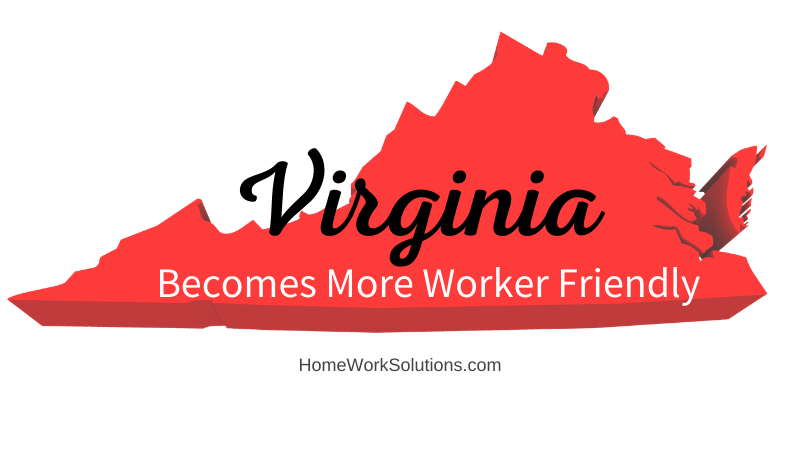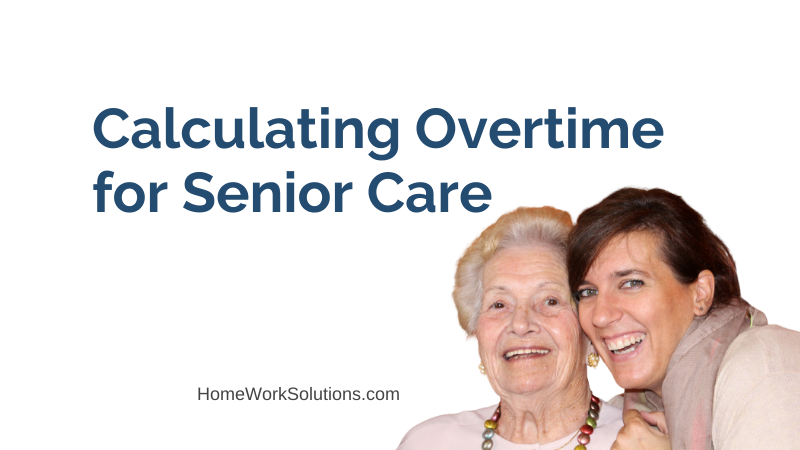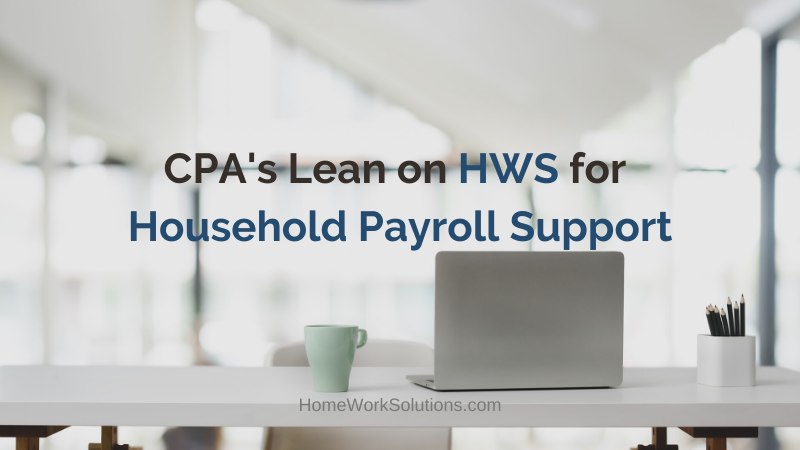California Governor Gavin Newsom's Executive Order N-62-20 in response to the COVID-19 pandemic effectively means that a nanny, senior caregiver or other household employee with test-confirmed COVID-19 illness will be presumptively compensable by workers’ compensation.
Read More
Topics:
nanny,
agency,
senior,
CPA
Virginia labor laws have historically been friendly to employers. New legislation signed into law this year, however, significantly changes a worker’s right to redress in an area of keen importance to household employers – namely wage theft.
Read More
Topics:
nanny,
agency,
senior,
CPA
Engaging a senior care aide to help a beloved aging family member is complex. You need to balance the needs and preferences of the adult receiving the assistance, budget, and administration. Ask any friend who has done this and they will confirm that there is one constant - that nothing is constant and needs are constantly evolving.
Many senior care aides support the elderly in Senior Living Apartment centers, many of whom are forbidding FAMILY and FRIENDS from visiting their residents during the COVID pandemic, and the aides are assuming many responsibilities that family used to do.
When hours increase and you need to calculate your senior caregiver’s overtime, it can get confusing sometimes. Here is a helpful example.
Read More
Topics:
agency,
senior,
CPA
HomeWork Solutions has supported families nationwide in their household payroll tax compliance for nearly 30 years. We have experienced trying times before - from 9/11, the Dot-Com and Real Estate crashes, to natural disasters. Never has the pace of change been so sweeping and global as the Coronavirus Pandemic and resultant economic shut down.
Read More
Topics:
agency,
CPA
Professional fiduciaries are educationally qualified individuals who care for the financial and personal care needs of individuals who are unable to do so themselves, and who have no close family or friends who are able and/or willing to do so for them.
Read More
Topics:
senior,
CPA
During the COVID-19 crisis, many people and charitable organizations need cash. The new CARES Act may provide some solutions.
Read More
Topics:
nanny,
agency,
senior,
CPA,
coronavirus,
COVID-19
COVID-19 and the resultant economic disruption caused many household employers to lay off nannies and senior caregivers they had depended on before the pandemic.
Read More
Topics:
nanny,
agency,
senior,
CPA,
COVID-19
The extended duration of the Coronavirus pandemic and resultant disruption to normal economic activity is causing employers to make hard choices. A common question HWS client care representatives are fielding is, “Do I have to give my nanny notice of a layoff?”
Read More
Topics:
nanny,
agency,
senior,
CPA,
COVID-19
With the spread of the Coronavirus, also known as COVID-19, the US Government passed the CARES ACT, part of which includes stimulus payments to many taxpayers. What does this mean for you and your family? In this article, we've outlined some of the most frequently asked questions.
Read More
Topics:
nanny,
agency,
senior,
CPA,
coronavirus,
COVID-19
As an employer, are you unsure of what you’re allowed to do when trying to detect and respond to potential cases of COVID-19 in your workplace? Here are some answers.
Read More
Topics:
nanny,
agency,
senior,
CPA,
coronavirus,
COVID-19










